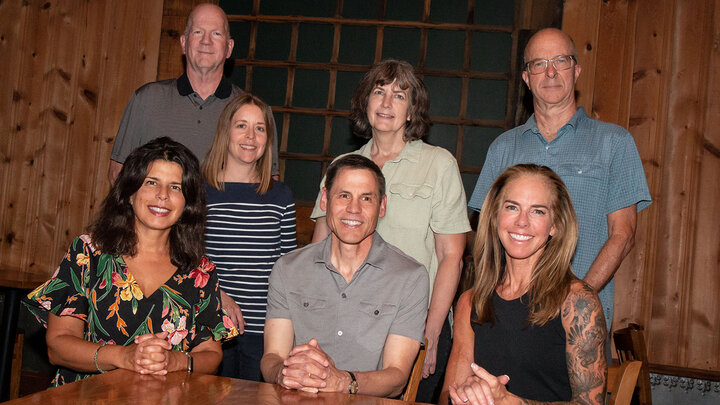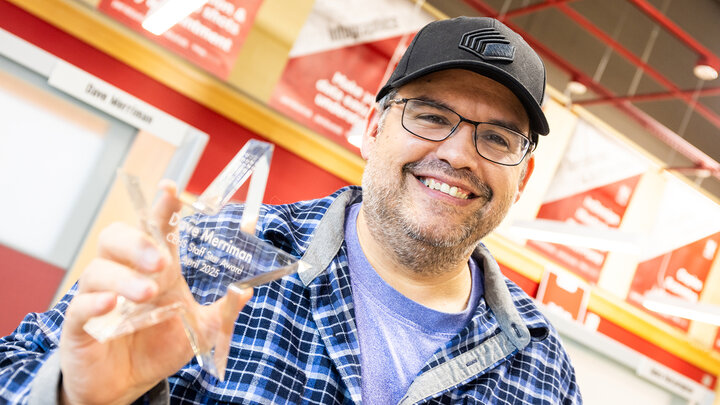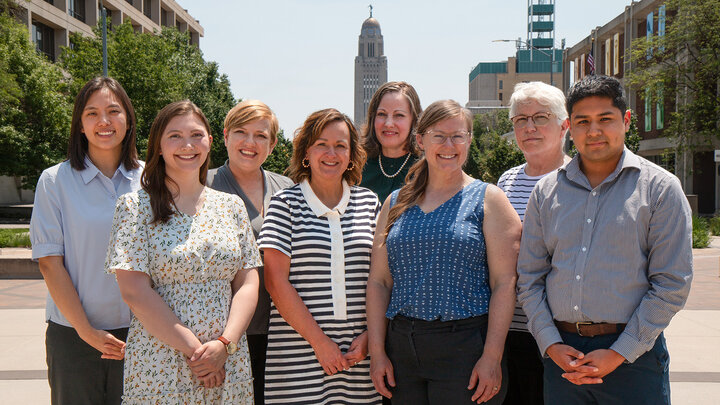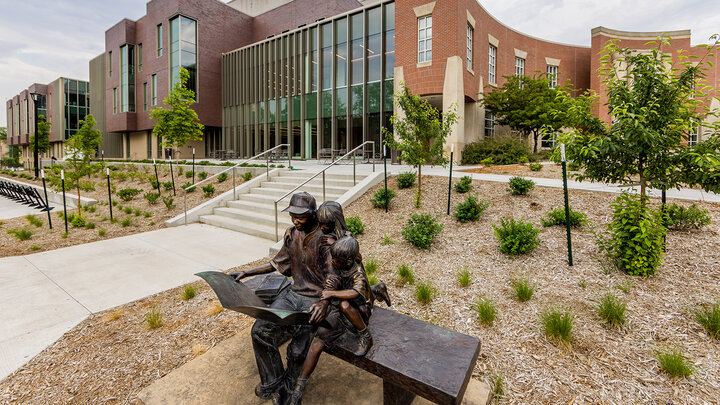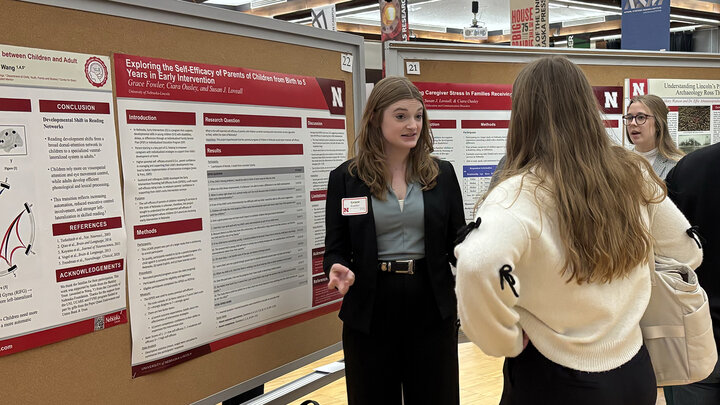The journey from detention to diploma is a challenging one for students transitioning from expulsion or the juvenile justice system to the classroom.
More than 25,000 youth reside in detention facilities on any given day in the United States. About two-thirds of those youth do not successfully re-engage with school upon their release, due to the lack of effective transition supports.
Similar lack of support exists for students who have been expelled from school.
Statistics show racially and ethnically minoritized youth are overrepresented in the juvenile justice population, and their school failure is a key driver of the “school-to-prison pipeline,” estimated to cost taxpayers $35 billion annually.
Nebraska is not immune from such challenges. Although the state enjoys an 89% high school graduation rate, the suffering experienced by the remaining 11% is disproportionate for minoritized youth, who are overrepresented in detention and expulsion programs.
Although states are required to provide school-coordinated services to transitioning youth, no standardized programs are available to educators. Schools typically can only provide minimal support for these youth, and inequitable practices — including zero-tolerance policies — are common.
With funding from an Office of Research and Innovation Grand Challenges Planning Grant, Alex Mason, professor of child, youth and family studies, and CYFS, and Loukia Sarroub, Melvin C. & Jane N. Nore professor and chair of the Department of Teaching, Learning and Teacher Education, are collaborating with a multidisciplinary team — including several educators and administrators from Lincoln Public Schools — to develop sustainable, effective programming for schools and teachers to support youth transitioning back into the classroom from detention, expulsion and other out-of-school placements.
Once the program is developed, Mason and Sarroub will prepare a Grand Challenges Catalyst Grant proposal to support implementation and evaluation of the program, with the goal of establishing the University of Nebraska–Lincoln as a national hub for ongoing professional development, program evaluation and resource assistance for young people, educators, schools and communities.
Mason said the main goal is to reduce critical disparities in educational and wellness outcomes by promoting literacy education, mental health supports and social-emotional skills.
“From what we’ve seen with our LPS partners, there is a critical need for this,” he said. “Kids are suffering unnecessarily and not being supported to achieve the success they deserve. This is not only to support students, but also teachers and administrators. They don’t like to be in a position where they are unable to help.”
Sarroub said the program is crucial to contributing to research — both in Nebraska and nationally — that helps decrease the school-to-prison pipeline.
“I’m excited about any literacy education and intervention component wherein students can have access to resources to help enable their success,” she said. “Teachers are asked to support all children, but they don’t always have specific ways of supporting kids who are gone for varied lengths of time, then come back.”
Mason and Sarroub agreed that the partnership with educators is key to the program’s success.
“I’ve been impressed by the strength of the partnership with LPS, whose teachers and administrators are seeing this day in and day out,” Mason said. “They have students who return to the classroom but aren’t supported, so they fail again. This project provides national connections to experts we can learn from.”
Along with Mason and Sarroub, the research team from UNL includes Eric Buhs, emeritus professor of educational psychology and director of developmental and learning sciences; Natalie Koziol, CYFS research associate professor; Sarah Staples-Farmer, LPS teacher and practice fellow, Department of Teaching, Learning and Teacher Education; Debbie Minter, associate professor and chair, Department of English; Mary Zeleny, assistant professor of practice, developmental learning and sciences. Research assistants include Ph.D. students Dounia Mansouri, TLTE, and Deogratias Musoke, CYAF.
LPS partners include Dwight Brown, psychotherapist at Bryan Community Focus Program; Randy Farmer, National Partnership for Juvenile Services; Lori Hemmett, LPS district coordinator of secondary college and career counselors and social workers; and Eric Witt, principal of Pathfinder Education Program at the Lancaster Youth Center.
Consultants for the project include David Domenici, executive director, BreakFree Education; Chanelle Gordon, licensed psychologist with the Omaha VA Medical Center; and Alfred Tatum, professor of education and provost and executive vice president of academic affairs at Metropolitan State University of Denver.
College of Education and Human Sciences
Child, Youth and Family Studies
Educational Psychology
Teaching, Learning & Teacher Education
Strong Communities
